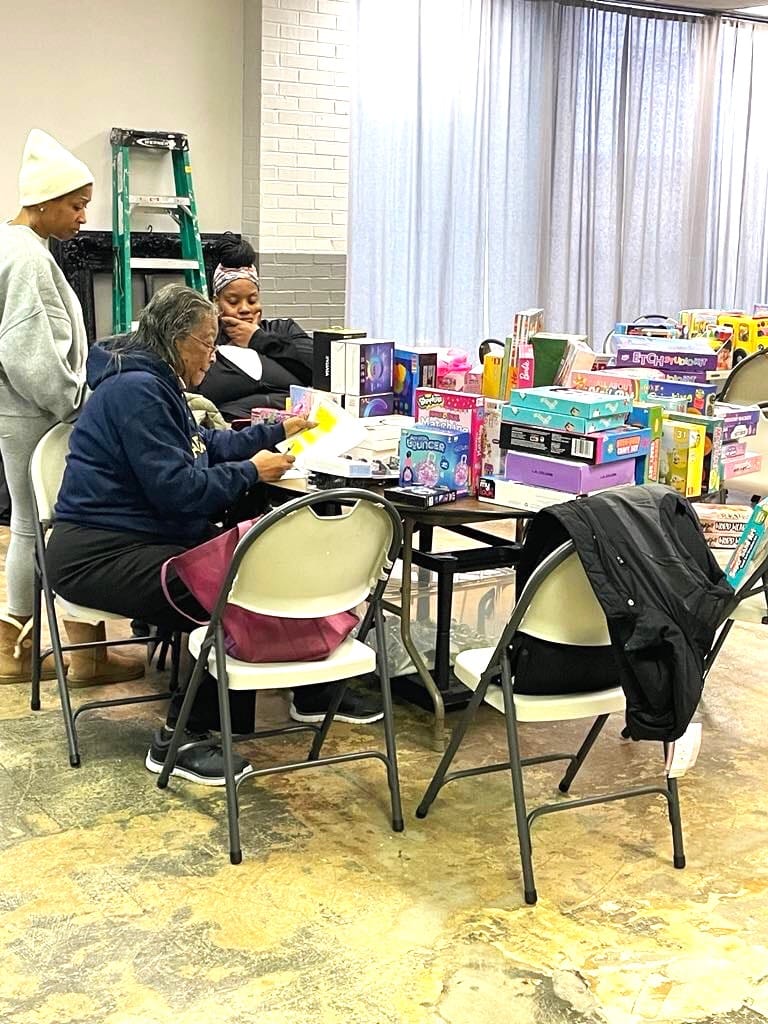
Hamilton County Mayor Weston Wamp continues to push for change in leadership within the county attorney’s office, citing the need for “new blood” to bring fresh creativity and accountability to the role.
With the contract of long-serving County Attorney Rheubin Taylor set to expire in June 2025, Mayor Wamp has nominated Janie Parks Varnell to take over the position. However, the proposal has ignited debate among county commissioners and raised questions about process, legality, and fairness.
“In a matter of weeks, 2025 will be upon us,” said Mayor Wamp. “It’s time to agree to a cooperative transition of the county attorney’s office for the first time in nearly 32 years. As it was the authority of Dalton Roberts, Claude Ramsey and Jim Coppinger, it is my duty to appoint a county attorney to represent Hamilton County government.”
Wamp acknowledged the nearly five decades Taylor has dedicated to the county, both as a commissioner and attorney, but emphasized his belief that change is overdue.
“Between his time on the county commission and as county attorney, Rheubin Taylor is closing in on 47 years in county government,” Wamp stated. “As my administration has tried to demonstrate every day, new blood is good and it should bring more creativity and more accountability to government. As we initiate this important transition within county government, my office’s goal is to work together with the county commission to strengthen and modernize the county attorney’s office as we prepare for exciting days ahead for the people of Hamilton County.”
Wamp has long voiced concerns about Taylor, including allegations that attorney Taylor engaged in private legal work during county business hours–a practice Wamp described as outdated and problematic. In 2022, an attempt to replace Taylor was blocked by a court ruling, which upheld Taylor’s right to serve out his contract but affirmed the mayor’s authority to appoint a new attorney once the contract expires.
Varnell, a local attorney, was introduced as the mayor’s appointee on Dec. 18. Wamp proposed a six-month transition period starting in January to ensure a smooth handoff between attorney Taylor and newcomer Varnell. However, commissioners raised multiple concerns about the plan, including unresolved details about Varnell’s pay, title and role.
One of the resolutions presented to the Commission last Wednesday addressed that transition, while a second resolution would give the opportunity to attorney Taylor to serve as contract counsel for the county through the end of 2025.
Attorney Taylor stated firmly, “I will tell you that the resolution that is presented, the two resolutions in front of you, is in violation of our contract, and ethically I don’t think I should say any more. I want to put that on the record.”
Commissioner Warren Mackey was quick to respond, “I think we just heard a legal statement that we need more information on.”
Commission Chairman Jeff Eversole weighed in.
“I’ve never had a situation where we put the cart this much in front of the horse,” he said. “The goal today is to stop, stay in our tracks, put things in order so we get the horse back in front of the cart and make sure that we’re making the right decisions for the county number one, and also for Mrs. Varnell.”
Recognizing a potential conflict of interest, as attorney Taylor could not ethically advise them on a matter directly impacting his role, commissioners sought independent legal counsel. They retained attorney John Kovalinka, the same attorney who represented them in 2022 during Wamp’s previous attempt to remove Taylor from office.
The vote on Varnell’s appointment is set for Jan. 8.














